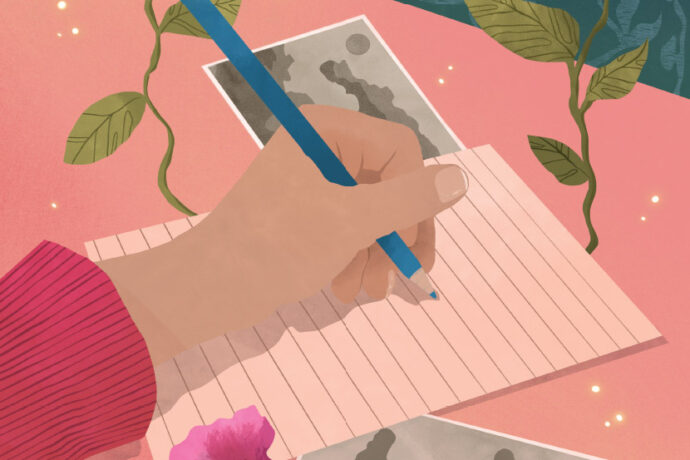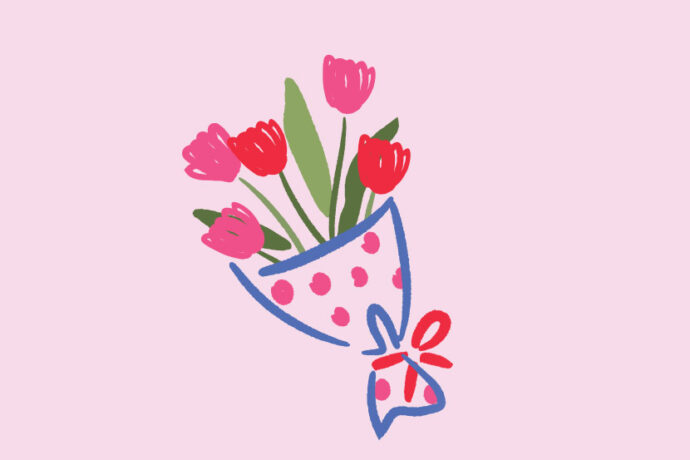
Create your own means of escape.
When you’re under stress, it’s easy to dream of escape: that idyllic beach holiday, a new job, a great night out with friends. But liberation can be much closer to home, infinitely more creative, and bring inner peace. The answer lies in your favourite herbal blend, and a place in your imagination – somewhere you can get to instantly. It’s perfect for those hectic days when there isn’t even time to pop out for an invigorating short walk in the relaxing arms of nature.
Choose your brew
Start by sitting down with your preferred tea: iced, herbal, fruit or black, the choice is yours. Even if it’s only for five minutes, it can make you more relaxed and receptive to the world around you. This pause can also help to balance energy levels. Tastes differ, but cinnamon, vanilla-chai, ginger, and peppermint teas can provide a refreshing motivational boost if you have a big task ahead. Sweeter-tasting brews like mango and strawberry or apple combinations can bring a sense of well-earned satisfaction and help you to wind down at the end of a busy day. Jasmine and green teas are great mind and palate cleansers.
A quiet moment
Next try to identify other things which replenish you; such as meditation, nature, and creativity. This can help to make the most of even the briefest moments of quiet. Spend a minute ‘tuning in’ to each of your senses – your taste buds already activated by the tea.
Turn a phrase
Now channel your inner poet (everyone has one). It can help to keep uplifting pictures on hand. Using an image for inspiration, tap into your senses and then jot down phrases that come to mind. Try to keep them precise and condensed. At some point, order and distil them into a short, intense poem, influenced by the Japanese haiku form. As in meditation, thoughts often try to take you in different directions. When this happens, remind yourself to refocus on the image and take another sip of tea. Those other thoughts, be they about work, family or even a different kind of writing, will still be there if and when you want or need them. This time right now is for you. Let tea and poetry bring you peace.
Haiku as a mindful breather
If you enjoy writing haiku, keeping them in a scrapbook can provide future sources of personal inspiration and peace. They’re also great for pinning on your wall as a reminder to take time to pause and breathe.
Traditionally, a haiku consists of only three lines, with words that are collectively made up of 17 syllables. The first line has five syllables; the second has seven; and the third consists of five again. They are written in the present tense and the words do not rhyme. But rules are made to be broken and you’ll see our poem, below, is influenced by the haiku form rather than following it rigidly. You may notice similarities or patterns in the images that inspire you, how you respond to them and the emotions evoked while pondering your poetry. This can highlight what brings positive energy into your life or make you aware of subtle background feelings that you may not have addressed consciously.
Consider writing a themed sequence of haiku, if there’s a mood or aspect of life that you particularly want to strengthen.
Over to you
Brew yourself a cup of tea, sit down with pen and paper, and drawing inspiration from your environment – a sunlight-soaked room, or the whisper of the trees – write your own haiku-influenced poetry.
ARCTIC SYMPHONY
snow-tipped rock, still water:
land and sea at peace –
mountains and reflected slopes:
two halves of one cello
By Sarah James
This article was originally published in Issue 12 – Set forward


















